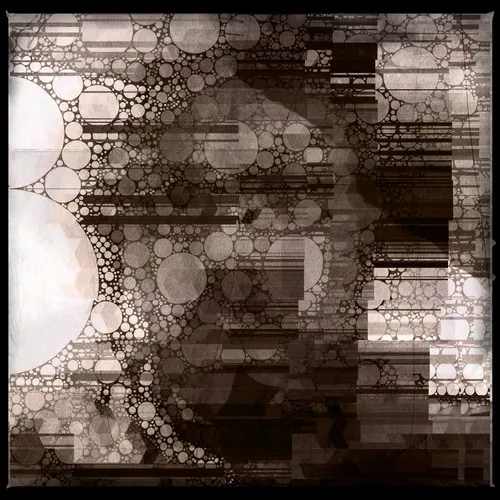
I was thinking of what might be fun to post about, and this idea for a series came to mind: Good luck symbols of Japan. I was actually reminded of this first one, perhaps unsurprisingly, by a haiku, and that in turn put this idea in my head. So without any further ado, let's jump in!
The first symbol of good luck that we are going to look at today is the frog. Now I know the Western perspective on this is probably something like A frog?! How can a gross slimy frog be lucky?! Well, I'll tell you.
(If you missed it, I already covered some frog coins a while ago, if you want to have this good luck symbol in your pocket)
Japanese doesn't have a lot of sounds—only something like 100 when considering pitch accent. Compare this to the thousands of sounds English has. This is why, for example, it is difficult for many Japanese to lose their accent and pronounce other languages in a native-like way. (If you like linguistics, here is a detailed look at Japanese phonology)
Due to having so few sounds, Japanese has a lot of words that sound the same. That is to say, there are a lot of homophones. That really isn't as hard to deal with as it might sound. In spoken language, context usually tells us exactly what word we are referring to and in written language we also have different kanji for each word, which helps even more. One feature of having so many words that sound the same is that Japanese is a playground for puns, which may or may not be a positive in your eyes, depending on how much you like or dislike wordplay.
That brings us to frogs. In Japanese frog is pronounced kaeru. That can be written 蛙, although カエル is more common. One word that sounds the same is 帰る, meaning to return. When you are returning to your house, for instance, the verb we would use is 帰る.
Because of this pun here, frogs are seen as bringing good luck to travelers. To extend that, sometimes charms with frogs can be seen as ensuring money always returns to you.
Frog statues are also sometimes used at shrines, again, because of this good luck meaning.
Incidentally, let's give another example of a frog related pun. This one isn't for good luck, but it's on my mind because my son is currently playing this game.
A few weeks ago Akira Toriyama died. On a post from @koto-art. I replied that I remembered playing the old SNES/Super Famicom game Chrono Trigger, and that this was one of my memories of Toriyama as he did the art in the game. After I wrote that, I started thinking about the game and thought maybe my oldest son is old enough to be introduced to it. So we started playing it together: him playing and me giving tips here and there.
Anyway, one of the characters in the game is a knight who has been turned into a frog, called simply Frog, or kaeru in the Japanese version. Another word that sounds like kaeru is 変える, to change, which sums up the character nicely as he has changed from a knight to a human-like frog and is seeking to change back.
Japanese really is a punners paradise!

But there is one more thing. I mentioned the frog coins post I already did. Well I've found some more, for my pals in #silvergoldstackers mainly, but for anyone who likes silver or collectable coins.
Check this out:

As someone who grew up watching The Muppet Show reruns, I'd love to have this. Unfortunately it looks sold out everywhere I've checked, but you can find it on Ebay for a reasonable price. Looks like there were more Muppet coins than just Kermit. You can get Mrs Piggy too and all the rest of the gang.
Anyway.
So there you go. Next time you go traveling, look for frogs for good luck! (and take some silver frog coins with you for extra good luck)
❦
 |
David LaSpina is an American photographer and translator lost in Japan, trying to capture the beauty of this country one photo at a time and searching for the perfect haiku. He blogs here and at laspina.org. Write him on Twitter or Mastodon. |
